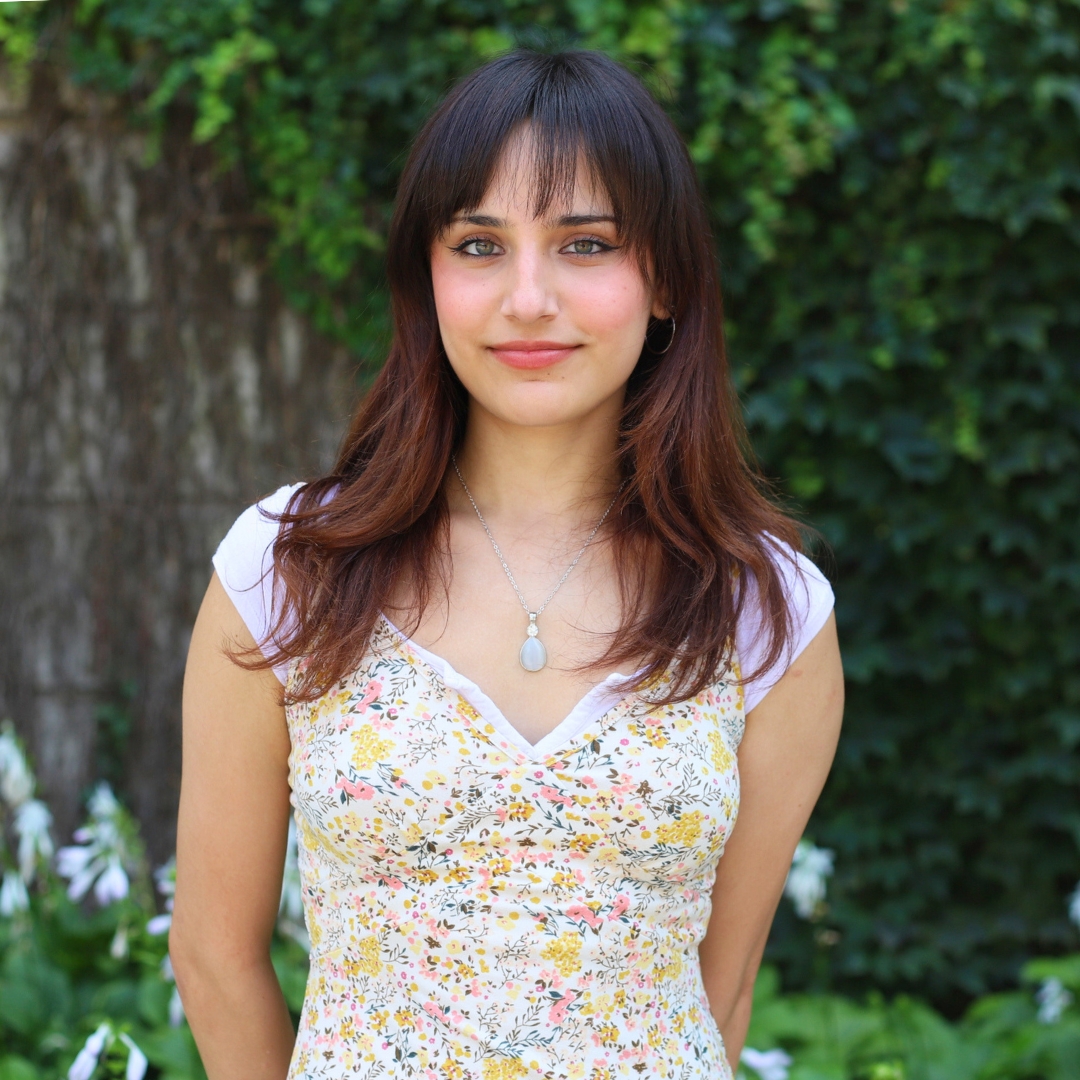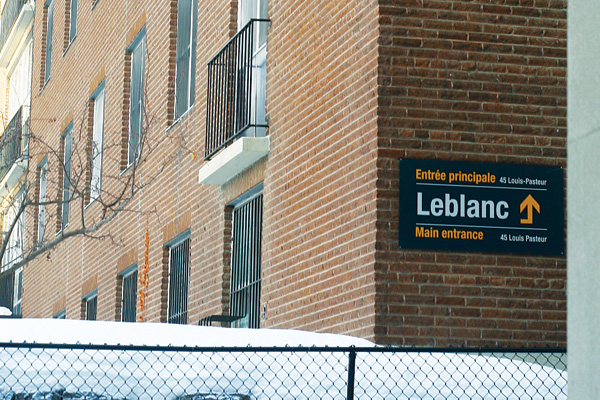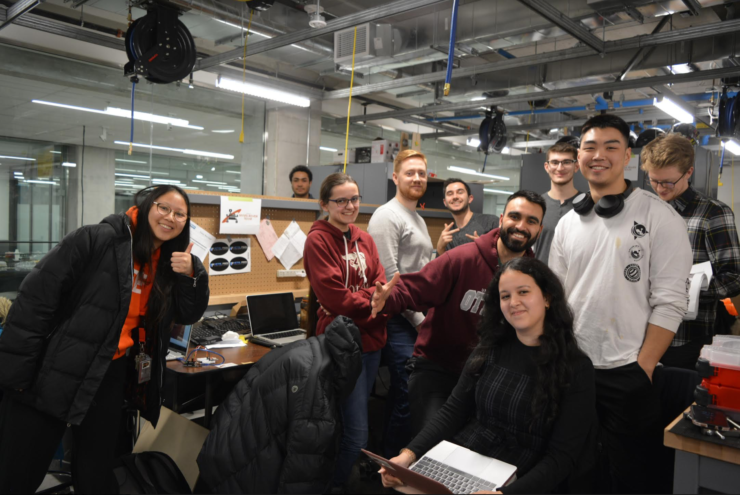The current co-president of the ISA, Bianca Miron, described their mission “to unite Indigenous students on campus.”
A cornerstone of cultural pride and unity in the University of Ottawa is the Indigenous Students Association (ISA). The ISA provides a sense of belonging and a welcoming environment for Indigenous students who may be far from their home communities and support networks. The vital organization is dedicated to empowering Indigenous students, celebrating Indigenous cultures, and advocating for Indigenous rights. The ISA builds a supportive community through social events, study groups, and wellness activities, helping students manage both academic and personal challenges.
The ISA, originally known as the uOttawa Aboriginal Student Association, was founded in 1985 by Claudette Commanda and has since evolved into the organization it is today. In 2022, then co-presidents Quanah Traviss and Ieronhenehtha Lazore played a pivotal role in gaining recognition for the ISA as a Recognized Student Government, bringing renewed attention and support to the association. The current co-president, Bianca Miron, explained their mission to the Fulcrum, stating, “Our goal is to unite Indigenous students on campus.” She emphasized, “We really want to create an environment where we can advocate for Indigenous students.”
The ISA’s office is within the Indigenous Resource Centre on campus. Miron explains, “With our association, we really want to make sure that people who are coming from communities far away, maybe even up north, that they have a space where they’re not going to feel judged at all. We want to make sure that everyone feels welcome, whether you’re Metis, whether you’re First Nations Inuit, whether you’re reconnecting … we see people the same.”
The ISA plans to continue hosting educational workshops where students can hold study groups at the Indigenous Resource Center. They also plan to incorporate the Indigenous Medical Learners Association, founded by Alex Petiquan, where a resident physician can guide Indigenous students interested in applying to medical schools. Miron told the Fulcrum that they hope to hold educational workshops that can guide students in every program. The ISA also incorporated cultural workshops this year, Miron explains that they “set up beading events, beading circles, where we get to teach people to bead … and I’m planning a ribbon skirt workshop where we have sewing machines so we are able to make ribbon skirts.”
Additionally, a major goal for the ISA is to “have an Indigenous students conference where [they’re] going to invite two Indigenous representatives from every post secondary school in Ontario, to come to Ottawa and learn how to build up their own Indigenous Students Association.” The conference, currently in the early planning stages, aims to bring together representatives from various Indigenous student organizations across colleges and universities in Ontario.
The goal is to share experiences, including successes and challenges, in running on-campus groups. From these discussions, the ISA plans to create resources and reports that highlight the positive impact of Indigenous organizations on post-secondary students and provide well-informed recommendations to relevant stakeholders such as university and college administrations and education ministries.
The ISA hopes this event can serve as a catalyst to revive the former Indigenous Student Alliance of Ontario, ensuring continued connection and organization among Indigenous students as they navigate post-secondary education.
As a vital pillar of support and cultural celebration for Indigenous students at the University of Ottawa, The ISA has exciting plans for cultural and educational workshops as well as a provincial Indigenous students conference. The ISA continues to evolve, it stands as a beacon of unity, ensuring that Indigenous voices are heard, respected and celebrated on campus and beyond.







